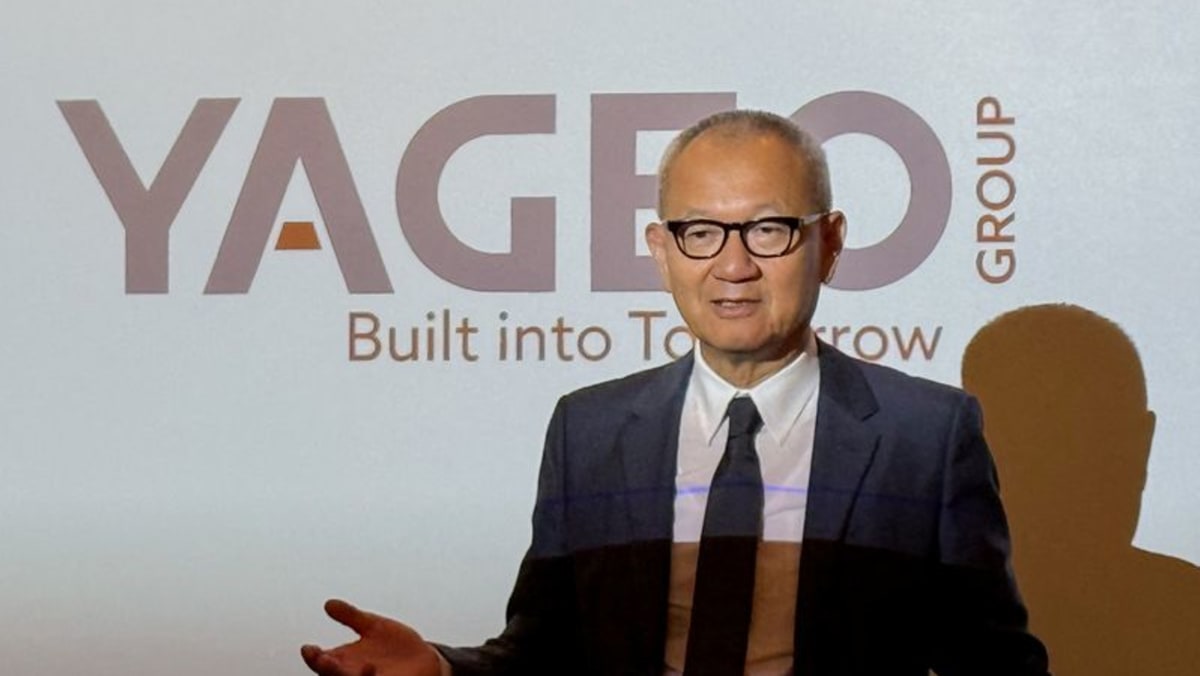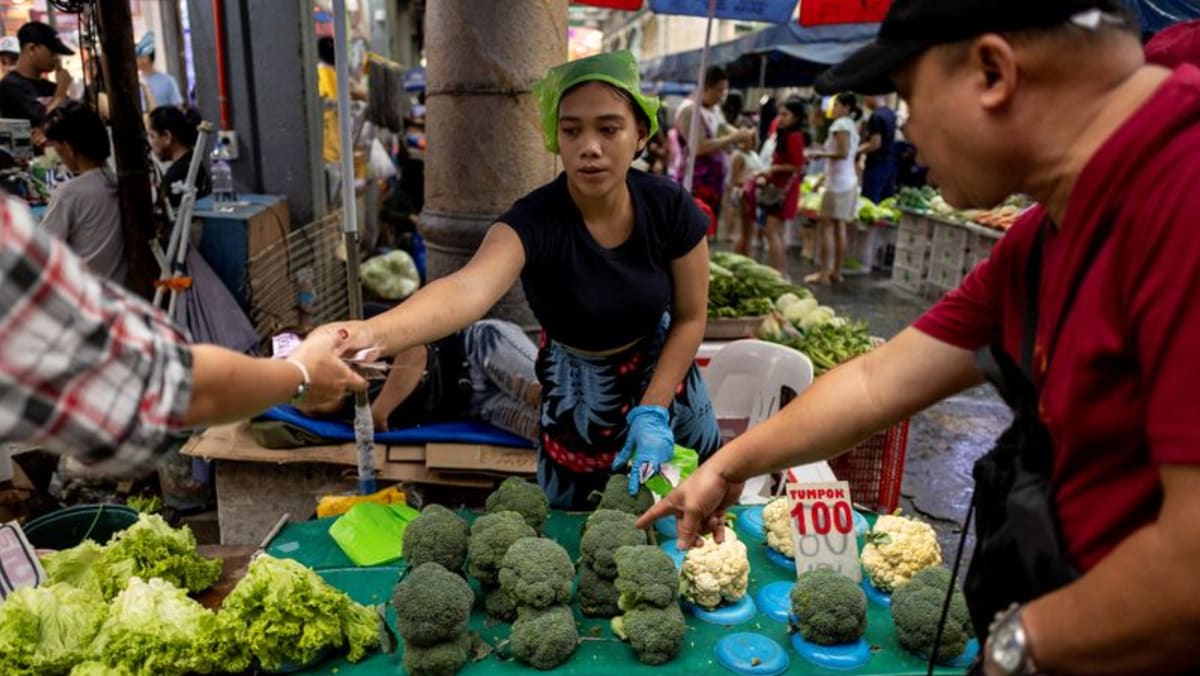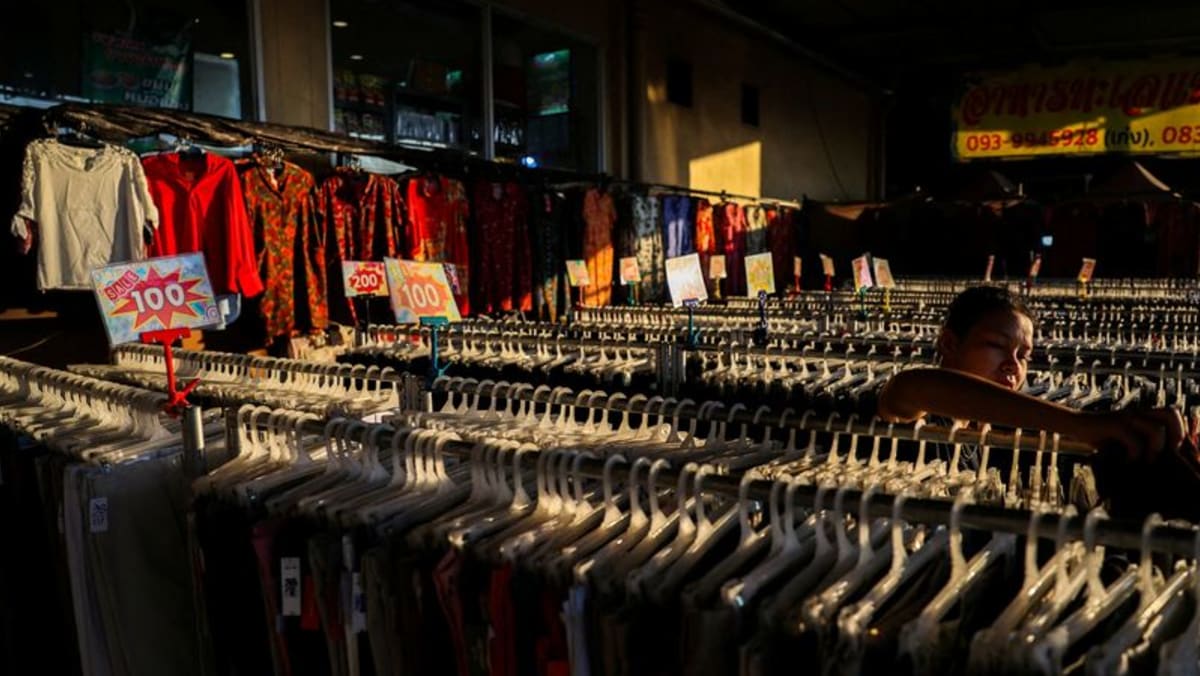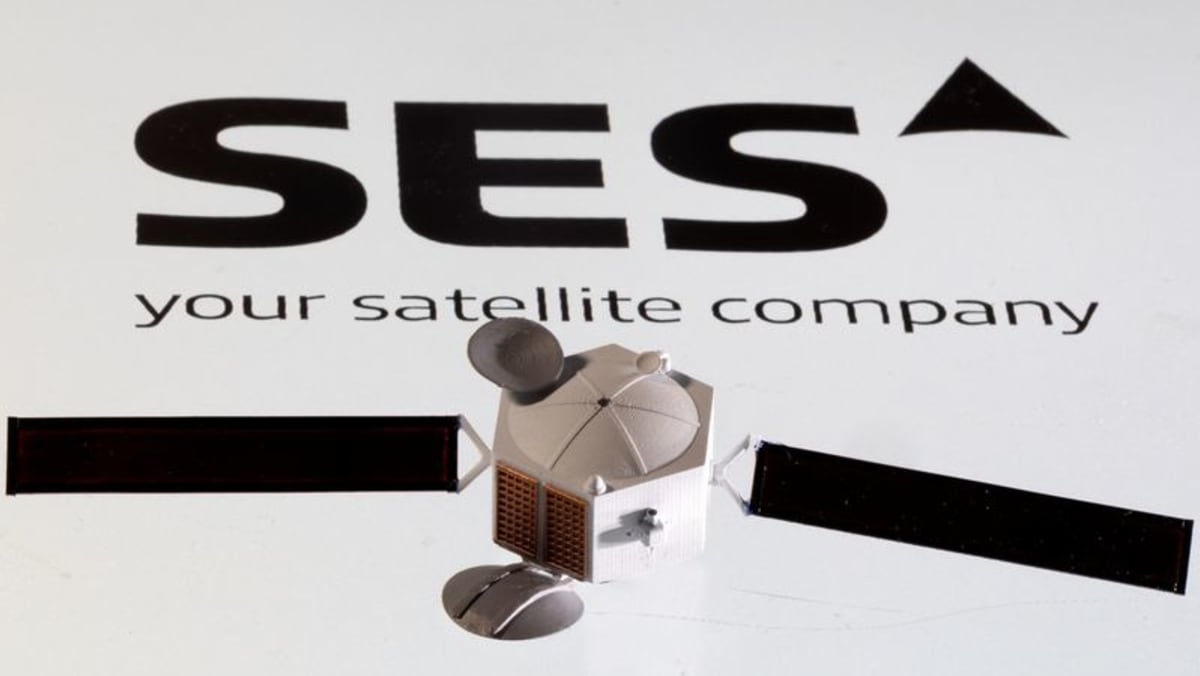MANILA :Philippine annual inflation eased for a fourth consecutive month in May, driven by slower increases in utility and food prices, the government said on Thursday, and the central bank said the data would allow for a more accommodative monetary policy.
The consumer price index rose 1.3 per cent year-on-year in May, down from 1.4 per cent in April, marking the lowest inflation rate since November 2019. The figure matched the forecast in a Reuters poll and brought the year-to-date average to 1.9 per cent, undershooting the central bank’s 2.0 per cent to 4.0 per cent target range for the year.
“On balance, the more manageable inflation outlook and the downside risks to domestic economic activity allow for a shift toward a more accommodative monetary policy stance,” the central bank said in a statement.
Price increases for housing, water, electricity, and other fuel items moderated to 2.3 per cent in May from 2.9 per cent in April, while transport costs declined more sharply, falling 2.4 per cent versus April’s 2.1 per cent drop.
Core inflation, which excludes volatile food and energy prices, was steady at 2.2 per cent
“Looks like the door remains wide open for the Bangko Sentral ng Pilipinas (BSP, the central bank) to cut rates in June,” said Metrobank economist Nicholas Mapa on X.
The BSP resumed monetary easing in April, cutting its key policy rate by 25 basis points to 5.5 per cent to support economic growth amid global headwinds. The central bank is scheduled to review policy again on June 19.
On Thursday, the lower house of Congress approved a bill raising the daily minimum wage by 200 pesos ($3.60), which the country’s chief statistician said could have inflationary effects.
($1 = 55.574 Philippine pesos)













